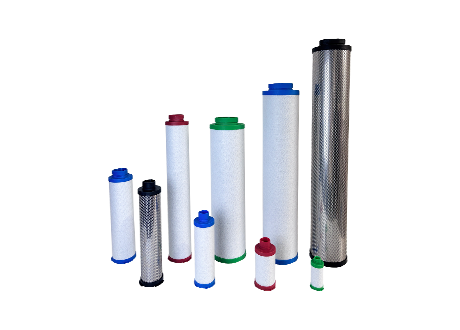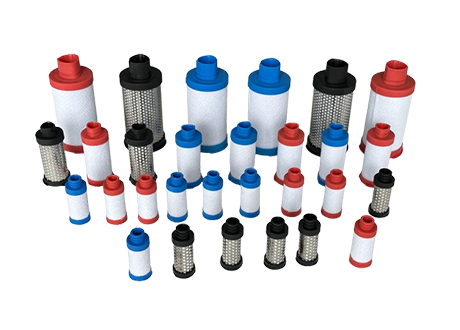Stainless Steel Sterilizing Compressed Air Filter for Aseptic Production
Compressed air purity is critical in modern pharmaceutical, semiconductor, food, and chemical industries. Any microbial contamination in process air can directly compromise product quality, safety, and regulatory compliance. A stainless steel compressed air filter provides a reliable solution that combines structural durability, advanced filtration materials, and validated sterilization performance. In this blog post, YUANMEI, as high performance custom made air filters manufacturer, will share the features of stainless steel sterilizing compressed air filter, its advantages, etc.
What Defines Stainless Steel Sterilizing Compressed Air Filter
A stainless steel sterilizing compressed air filter is engineered to remove bacteria, microorganisms, and bacteriophages from compressed air streams. Using SUS304 or SUS316/316L stainless steel housing with highly polished surfaces (up to Ra0.3), the filter ensures a hygienic design that prevents particle adhesion and microbial growth.
At the core of the system is a high-efficiency filter element made of hydrophobic PTFE sterilizing membrane. This membrane not only provides precision filtration down to 0.01 μm but also withstands repeated high-pressure steam sterilization cycles, making it suitable for aseptic processes with stringent cleanliness requirements.
Key Features of Stainless Steel Compressed Air Filter
A properly designed sterilizing filter integrates structural strength, regulatory compliance, and validated filtration reliability. Below are the defining characteristics that contribute to its performance.
High-Purity Stainless Steel Construction
Housing material made from SUS304 or SUS316L stainless steel ensures superior corrosion resistance and mechanical durability. The inner and outer surfaces are polished to BA/EP grade, achieving smoothness of Ra ≤ 0.6 μm or even Ra0.3 in advanced designs. This eliminates crevices where residues might accumulate, ensuring sanitary operation in sensitive industries.
Hydrophobic PTFE Sterilization Membrane
The filter element adopts multi-layer supported PTFE membrane, known for exceptional hydrophobicity, chemical resistance, and thermal stability. PTFE prevents moisture penetration, which is essential for stopping microorganisms that rely on water droplets for transmission in compressed air lines.
Absolute Sterilization Performance
With a filtration accuracy of 0.01 μm, a ≥6 log reduction value (99.9999%), and an overall efficiency exceeding 99.999%, the sterilizing filter guarantees the removal of all airborne microbial contaminants. Every filter element undergoes 100% DOP integrity testing to ensure performance without compromise.
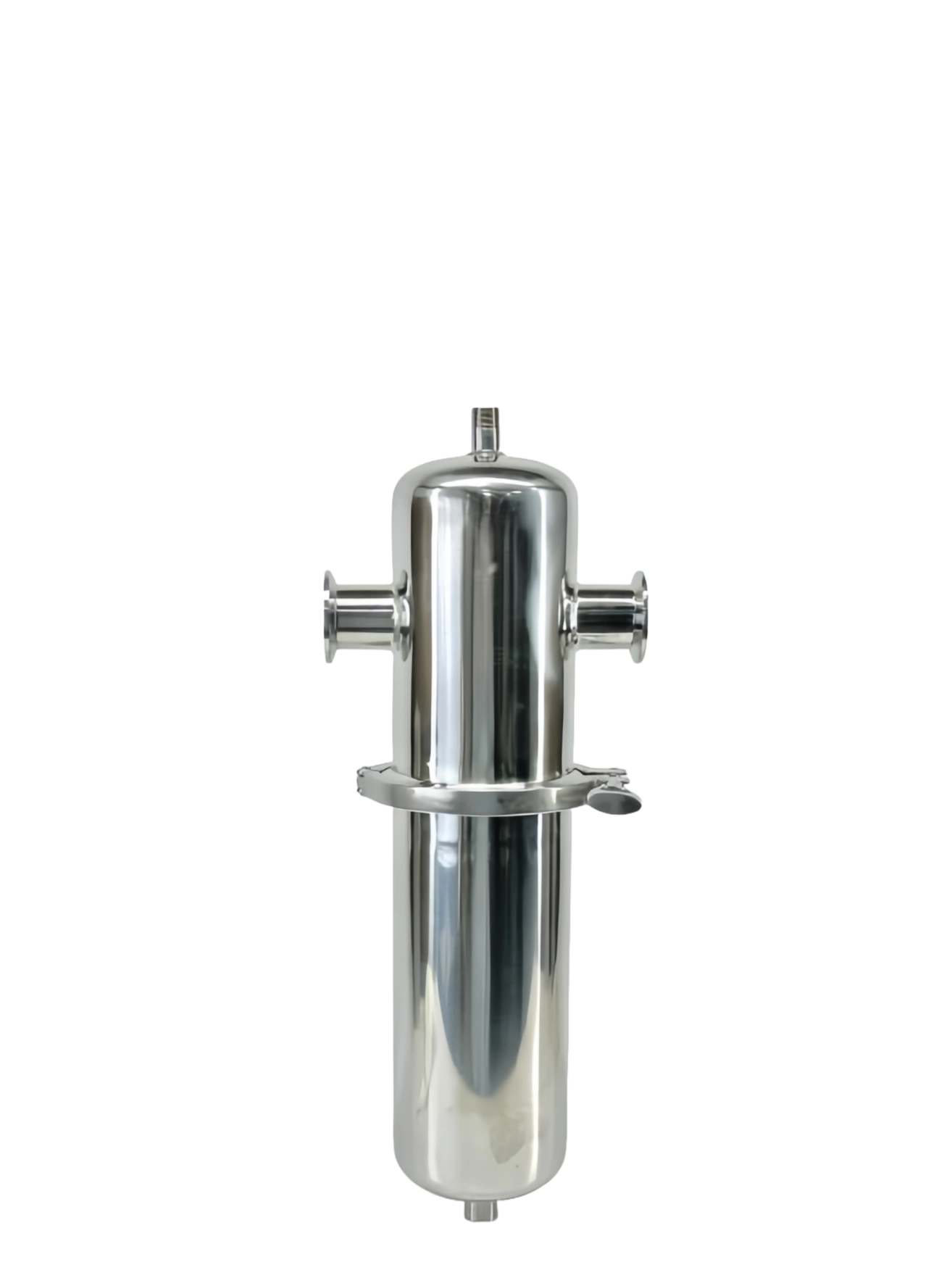
Regulatory Compliance in Sterile Compressed Air Filtration
Industries such as biotech, pharmaceutical manufacturing, and semiconductor fabrication operate under strict global regulatory frameworks. Stainless steel sterilizing compressed air filters are engineered to meet these essential requirements.
Food- and Drug-Grade Materials
The stainless steel shell and filter materials pass third-party SGS testing and comply with:
FDA 21 CFR 177.2600
USP Class VI Biocompatibility Standards
These certifications confirm that the filter is safe for environments involving direct or indirect contact with food, pharmaceuticals, or sensitive production media.
Standards-Driven Design and Manufacturing
To ensure reliable and repeatable sterile filtration, product design adheres to:
cGMP and GMP sanitary requirements
ISO 14644 cleanroom regulations
Such compliance guarantees that the filter meets global best practices for aseptic processing, traceability and quality management.
Integrity and Reliability of PTFE Sterilizing Filter Elements
Filtration reliability is not only determined by material quality but also by sustained structural integrity.
High-Strength PTFE Membrane
The PTFE structure resists damage, deformation, and chemical degradation, even under:
High airflow velocities
Elevated temperatures (up to 125°C)
Repeated SIP (Steam-In-Place) sterilization
This durability extends filter service life and ensures consistent microbial removal.
Integrity Testing and Verification
Every filter element comes with complete bubble point test data and integrity inspection capability, allowing users to verify filtration performance before and after installation. Manufacturers typically support:
Bubble point testing
Diffusion flow integrity tests
DOP penetration tests
These verification methods are essential steps in validating sterile air systems in regulated industries.
Advantages of Stainless Steel Compressed Air Filter
Beyond sterilization efficiency, these filters bring economic and operational benefits.
Reduced Total Cost of Ownership
A low pressure drop design reduces compressor energy consumption while maintaining high airflow rates. Over time, this results in substantial savings in electricity and operational expenses.
Long-life PTFE elements require fewer replacements, reducing waste disposal and labor costs. The ability to undergo repeated SIP cycles further extends their lifespan.
Sanitary and Maintenance-Friendly Structure
The stainless steel shell, smooth polished surface, and sanitary clamp connection allow fast disassembly and cleaning. This design ensures minimal downtime during maintenance or inspection.
Thermal and Chemical Resistance
PTFE membranes and PTFE sealing materials tolerate aggressive cleaning agents and high temperatures, ensuring compatibility with sterilization protocols used in pharmaceutical and food-grade production.
Technical Specifications of Sterilizing Air Filter
Below is a summary of key technical data:
Filtration accuracy: 0.01 μm
Log reduction value: ≥6 (99.9999%)
Overall efficiency: ≥99.999%
Filter membrane material: Hydrophobic PTFE with multi-layer support
Shell material: SUS304 / SUS316L stainless steel
Surface finish: BA/EP grade, Ra ≤ 0.6 μm; optional Ra0.3
Seal material: PTFE (heat- and chemical-resistant)
Connections: Sanitary clamp fittings
Max operating temperature: Up to 125°C
SIP compatibility: Supports online steam sterilization
These specifications reflect the filter’s suitability for high-purity compressed air in regulated industries.
Applications of Stainless Steel Sterilizing Filter in Clean Industries
Pharmaceutical and Biotechnology
Applications include:
Fermentation air sterilization
Lyophilization processes
Clean compressed air for packaging lines
Protection of product-contact environments
Sterile air ensures that no microbial contamination affects critical production processes.
Semiconductor Manufacturing
High-purity compressed air is essential for:
Photolithography
Wafer cleaning
Precision equipment operation
Even microscopic microbial contaminants can affect nanometer-scale semiconductor structures.
Food and Beverage Processing
Examples include:
Aseptic packaging
Dairy production
Brewing and fermentation
Food-grade aeration processes
Stainless steel filters meet strict hygiene requirements while ensuring product safety.
Chemical and Precision Industries
Processes requiring sterile or particle-free compressed air—such as fine chemical synthesis or laboratory environments—benefit from the stability and chemical resistance of PTFE filtration systems.
Why Stainless Steel Sterilizing Air Filters Are Essential for Modern Production
The combination of stainless steel housings, hydrophobic PTFE membranes, validated sterilization performance, and global regulatory compliance makes these filters indispensable in industries where air purity directly influences product quality. Their long service life, low operating cost, and robust sanitary structure further strengthen their role in maintaining clean, safe, and efficient production environments.
A stainless steel sterilizing compressed air filter is not just a filtration device—it is a critical control component safeguarding aseptic operations and ensuring consistent product excellence.




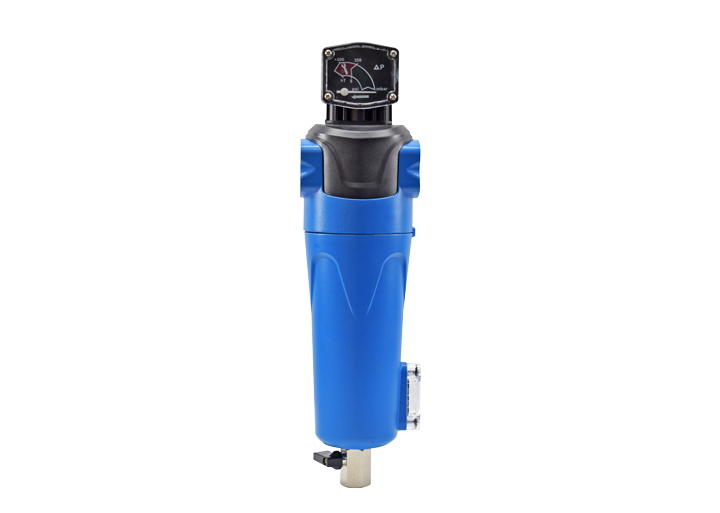
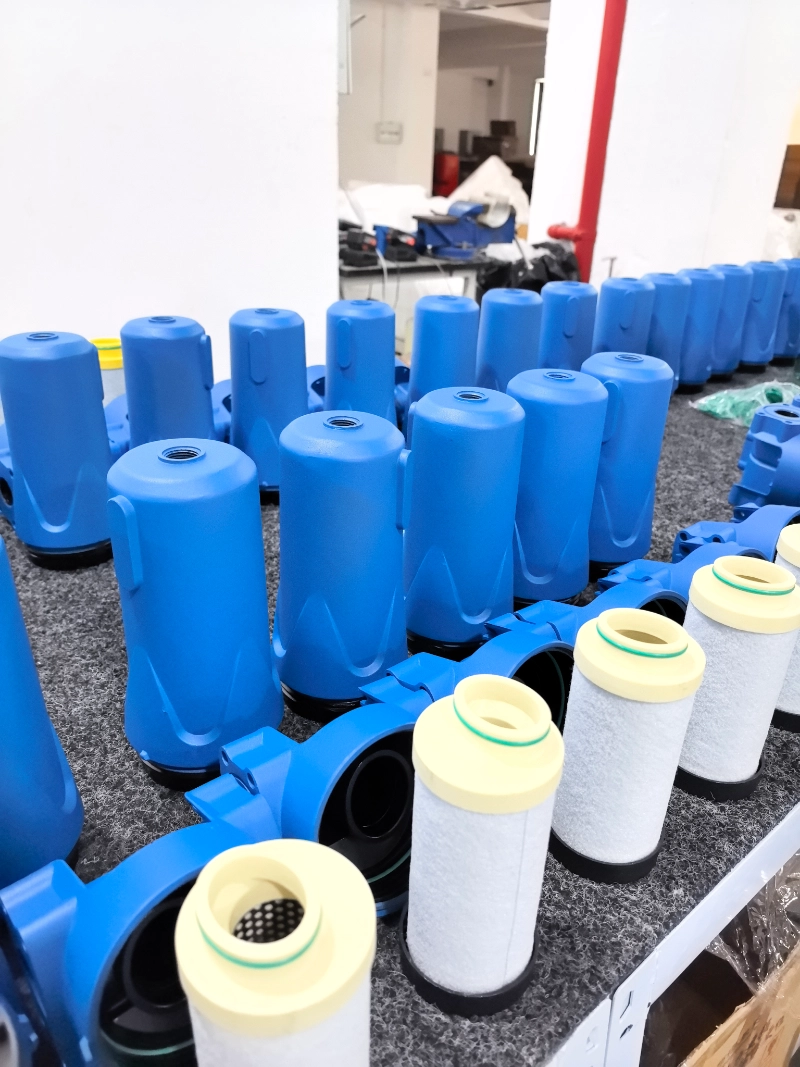
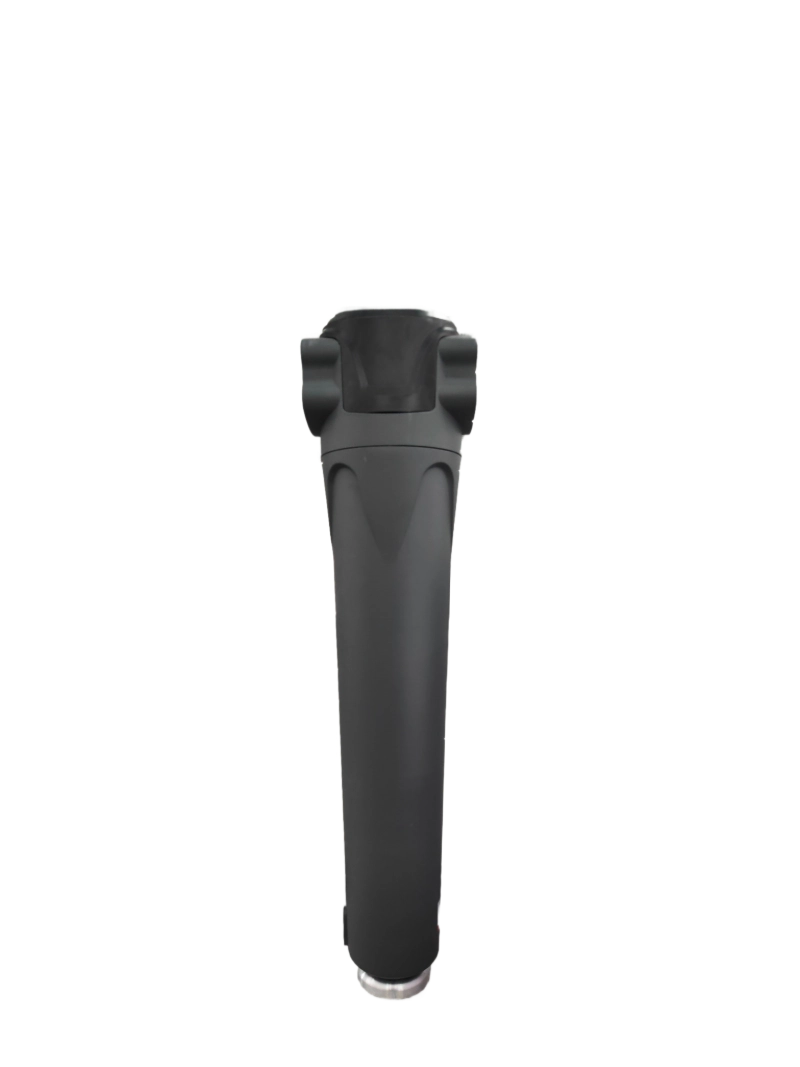
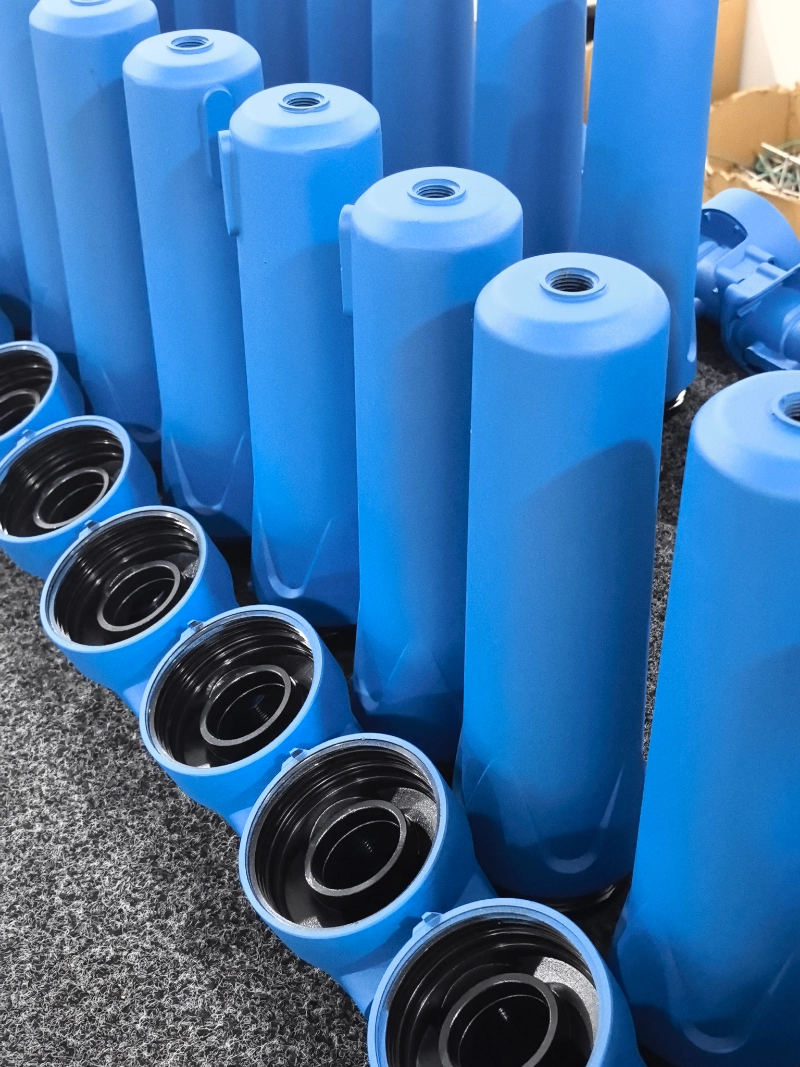
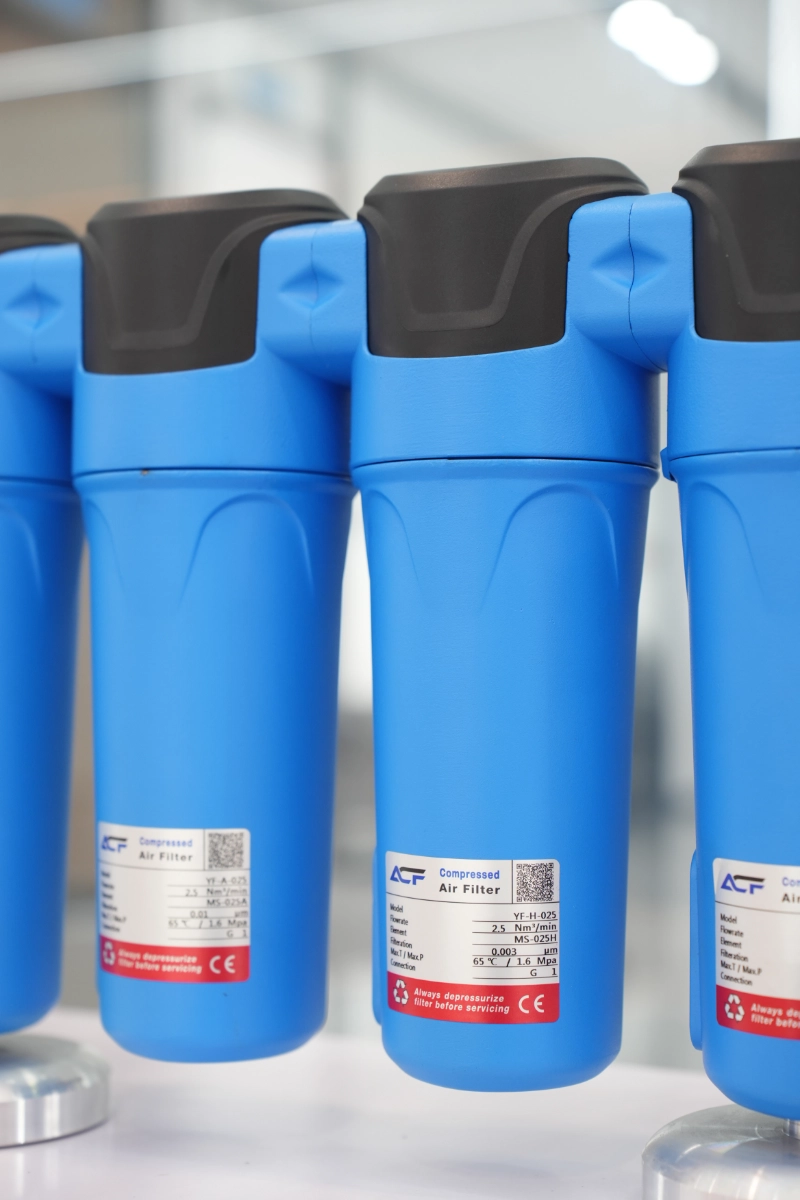
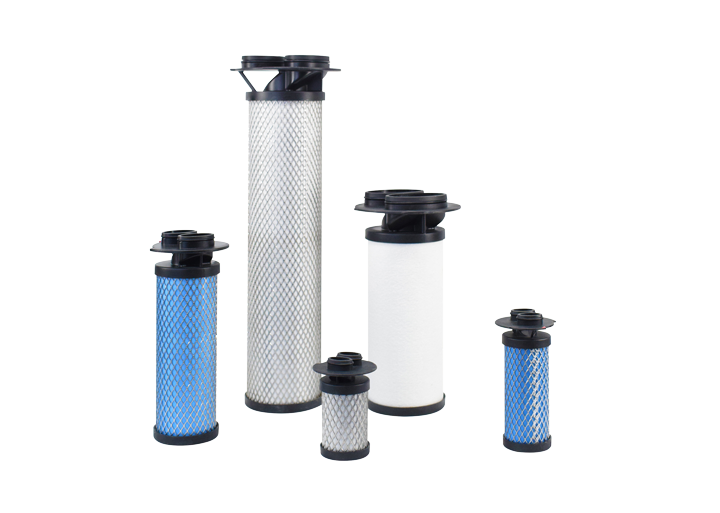
 Join us
Join us After-sale service
After-sale service News
News